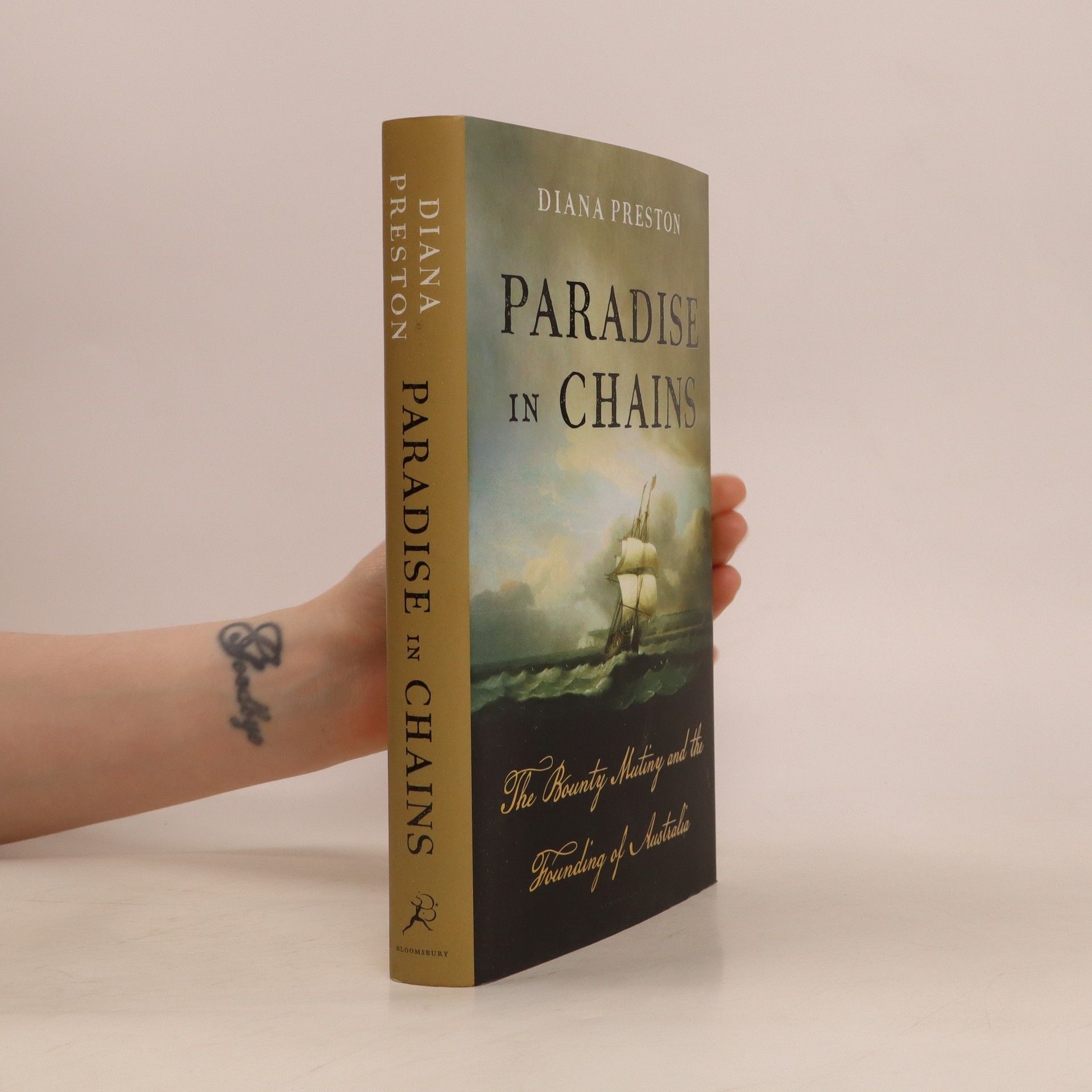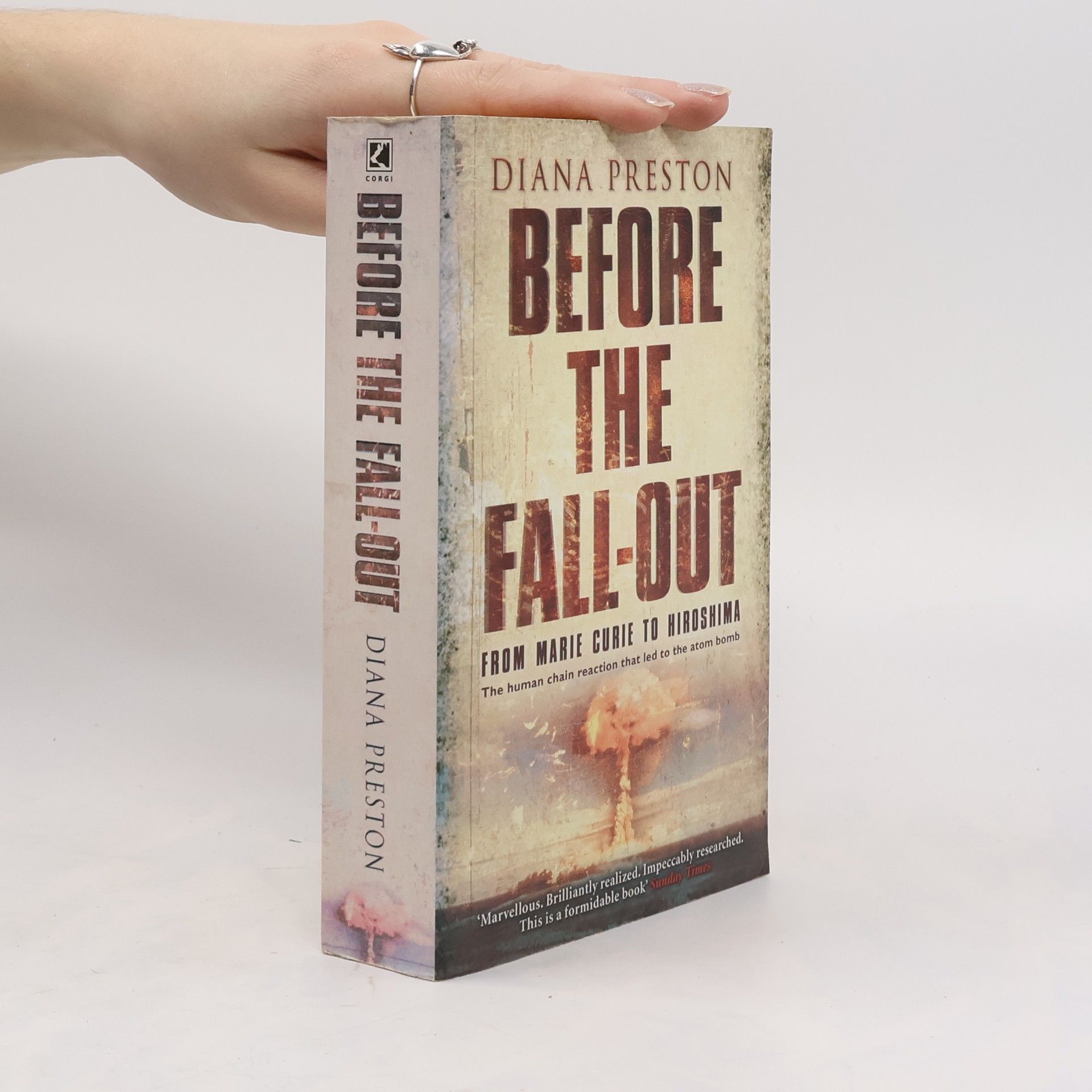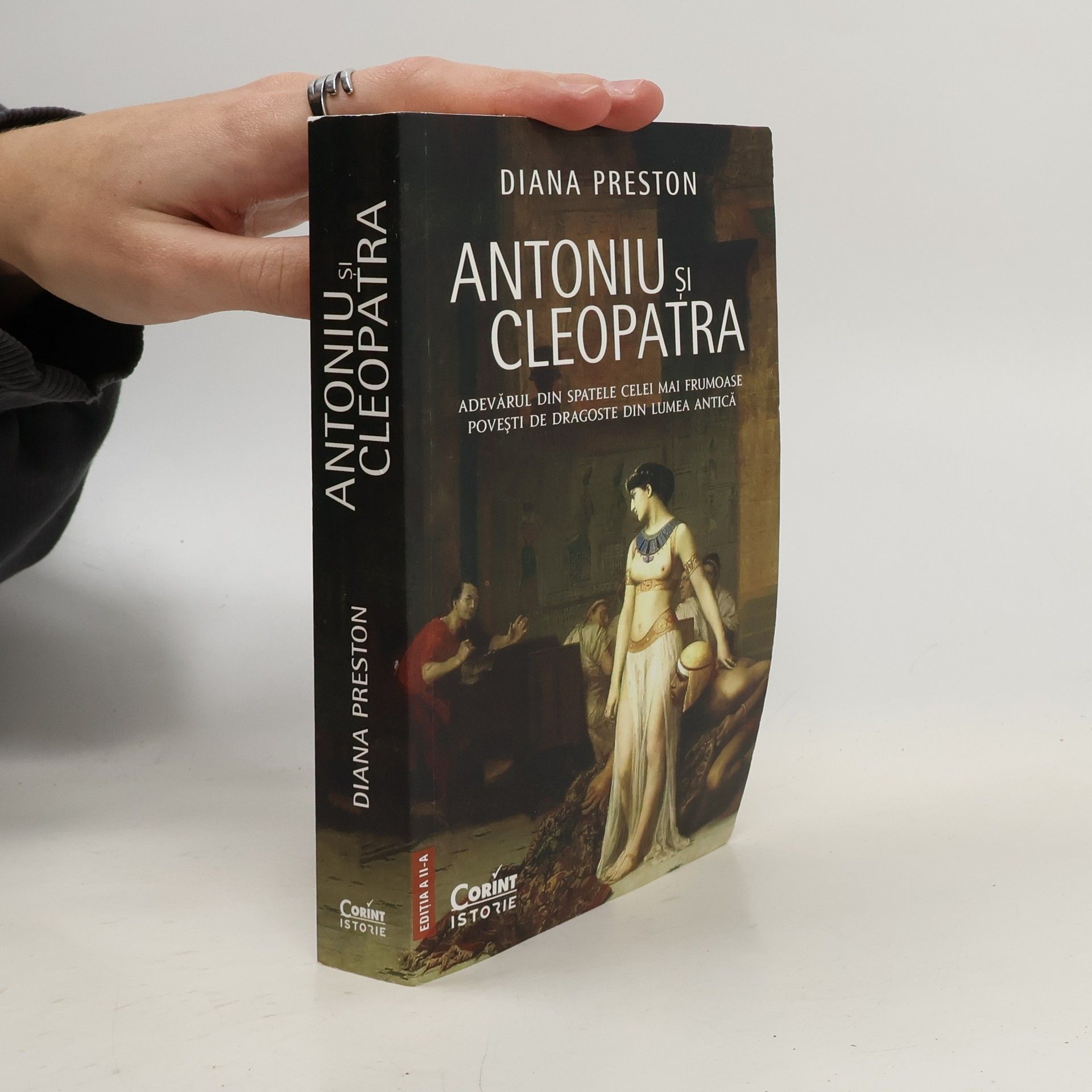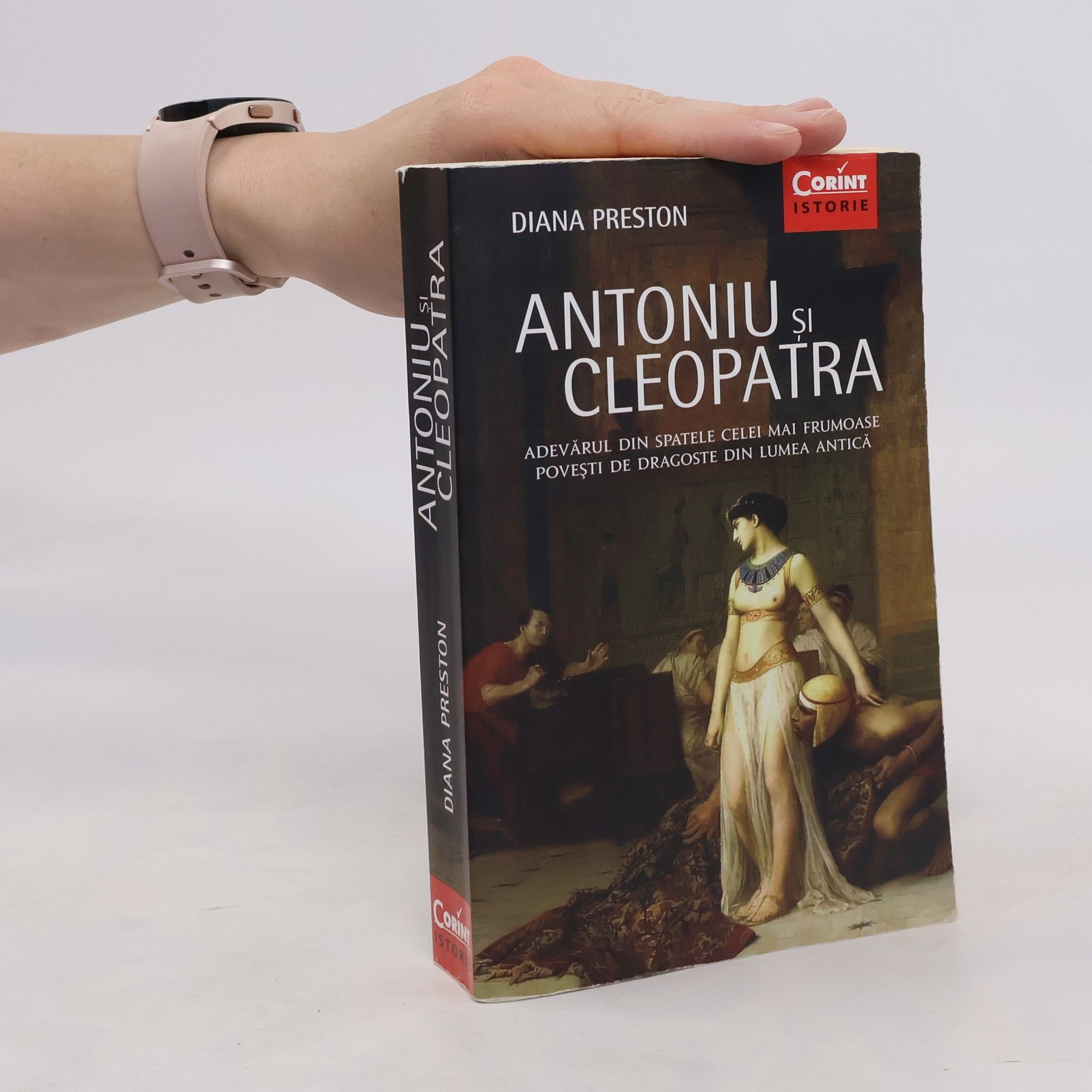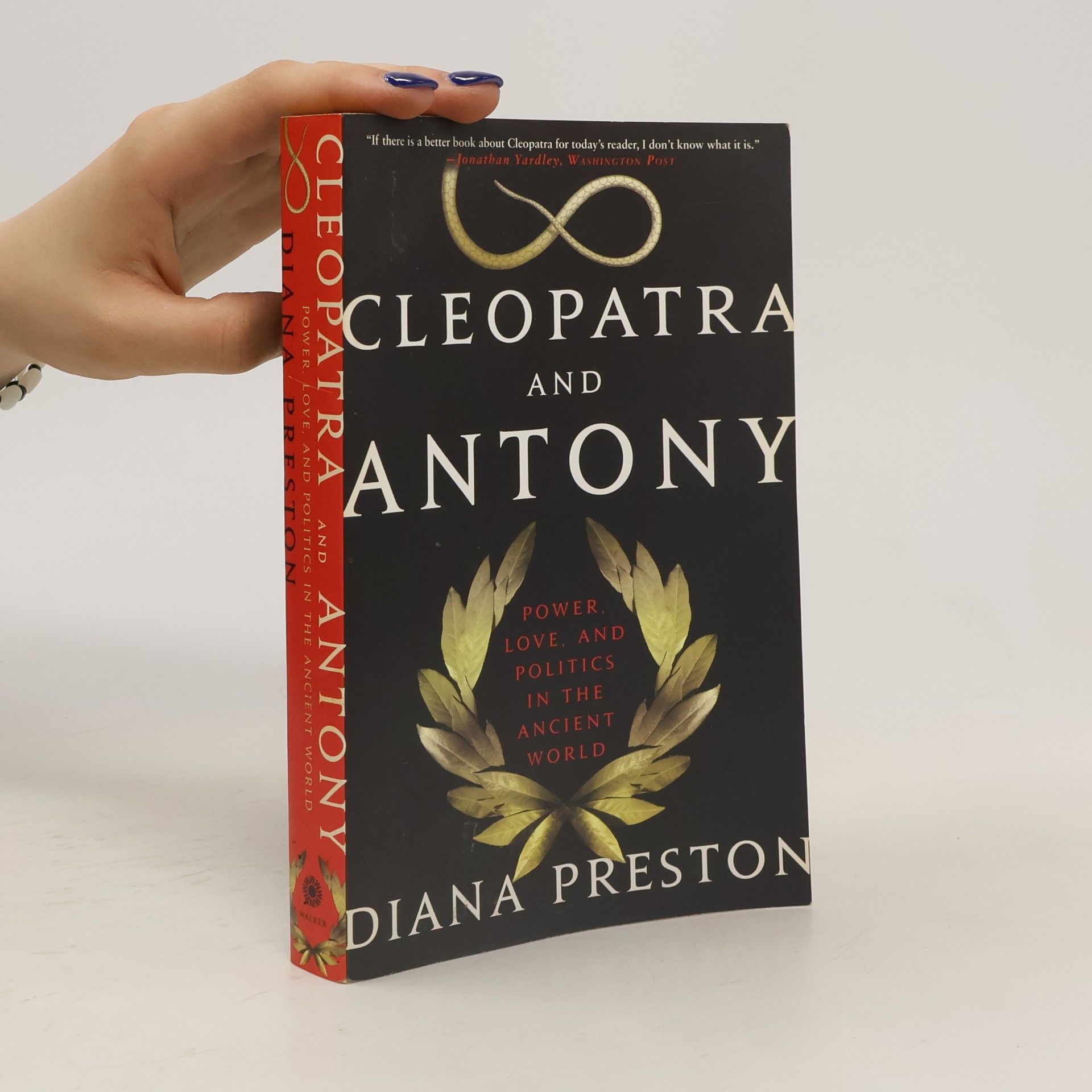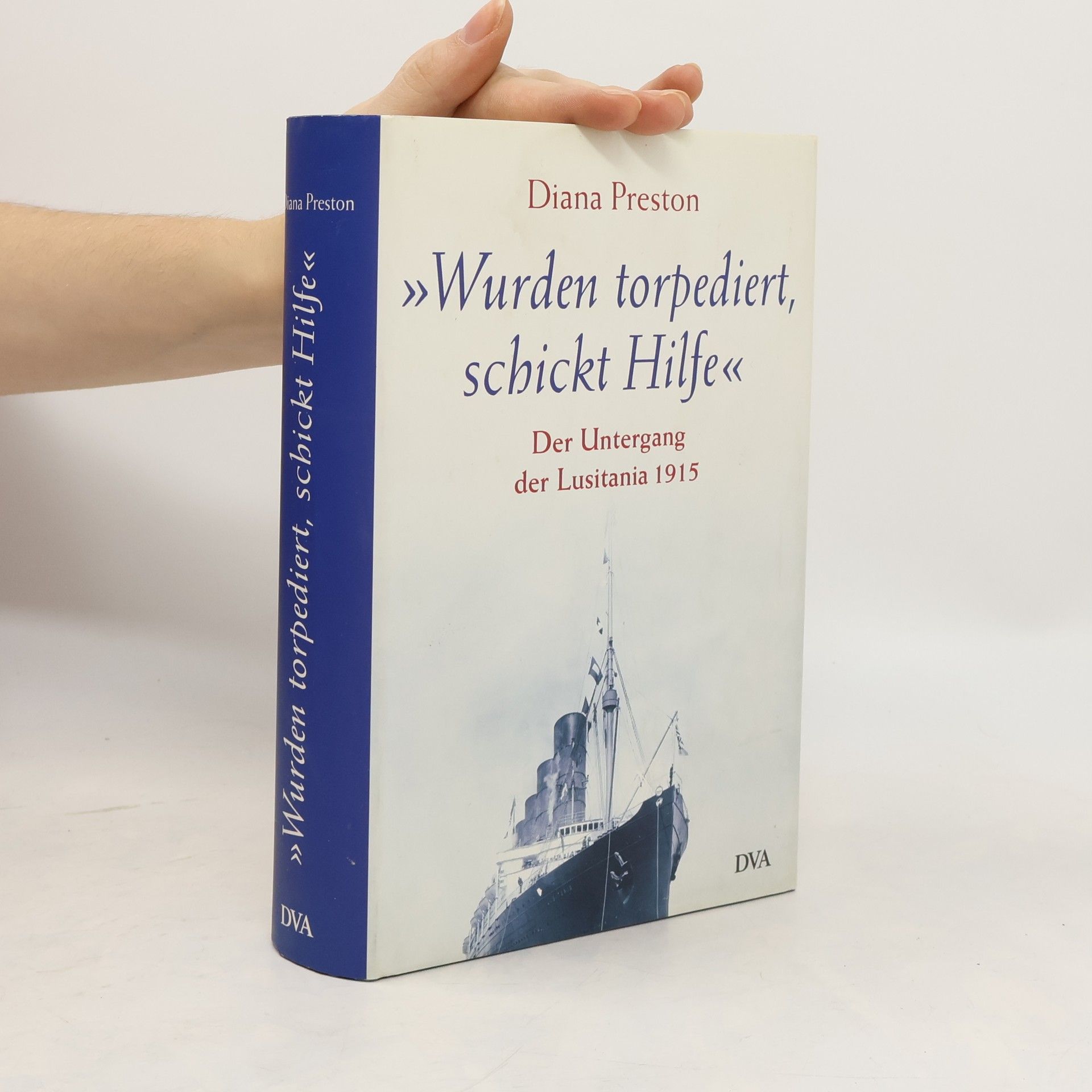In den eisigen Tod. Robert F. Scotts Expedition zum Südpol
Aktualisierte Sonderausgabe mit zahlreichen Tagebuchauszügen
- 352 pages
- 13 hours of reading
Der Wettlauf zum Südpol wird in dieser packenden Erzählung als eine der großen Tragödien des frühen 20. Jahrhunderts dargestellt. Diana Preston beleuchtet das dramatische Scheitern von Robert Scott und seinen vier Begleitern, die nach einem 3000 Kilometer langen Marsch am 17. Januar 1912 den Pol erreichten, nur um festzustellen, dass das norwegische Team um Roald Amundsen bereits dort war. Mit zahlreichen Originalquellen wird die Enttäuschung und der tragische Rückweg der Männer eindringlich geschildert, der für sie tödlich endete.

